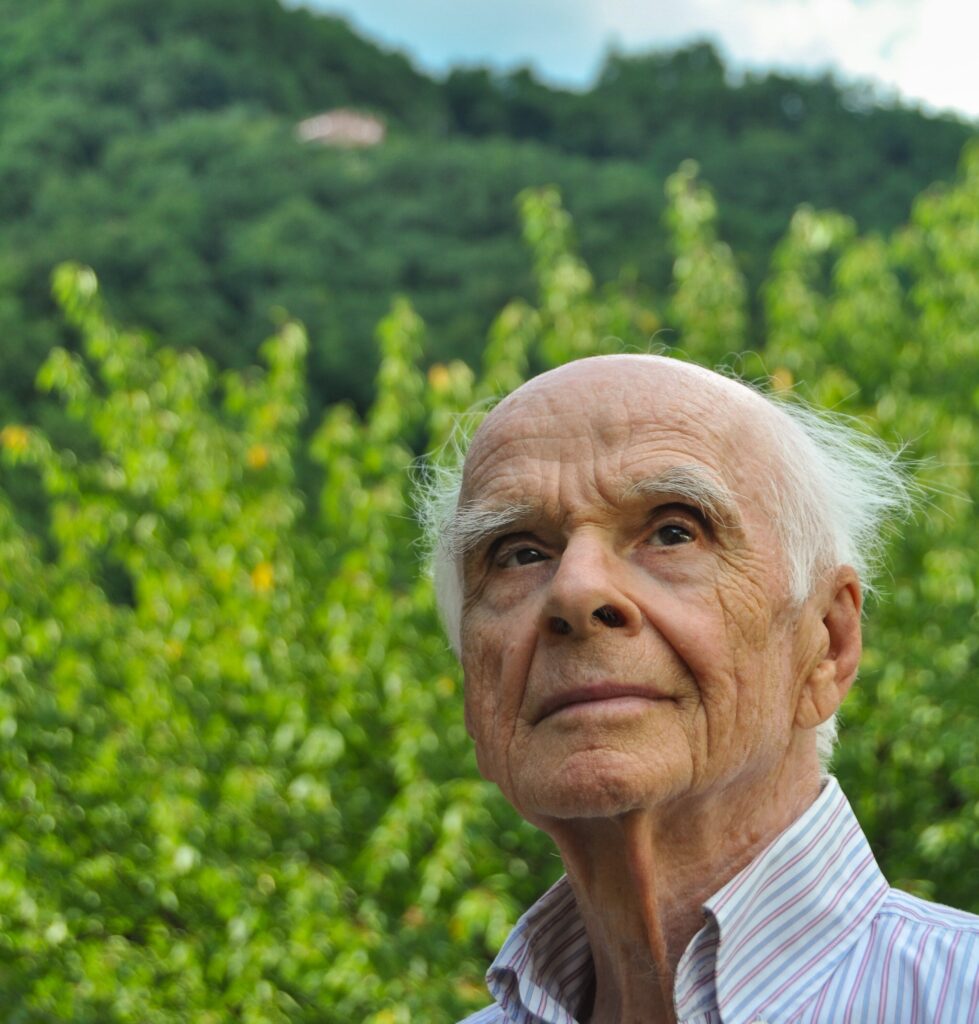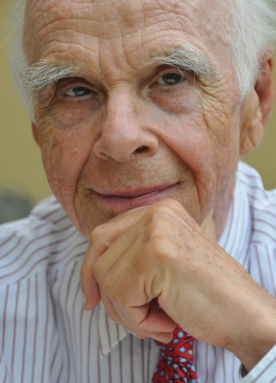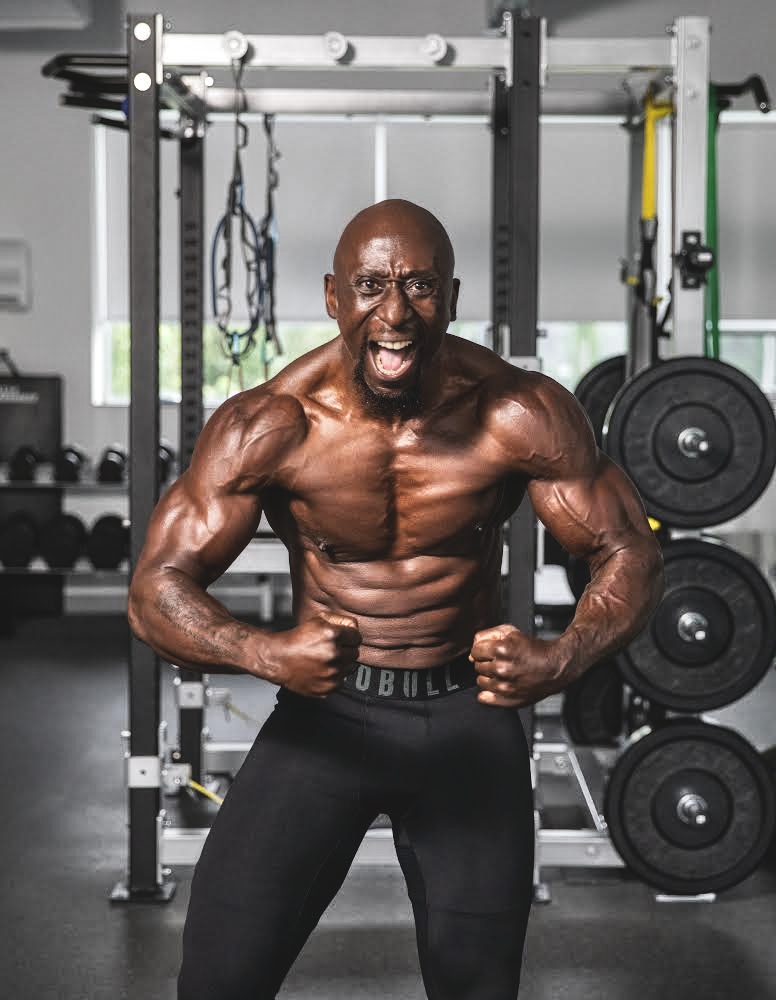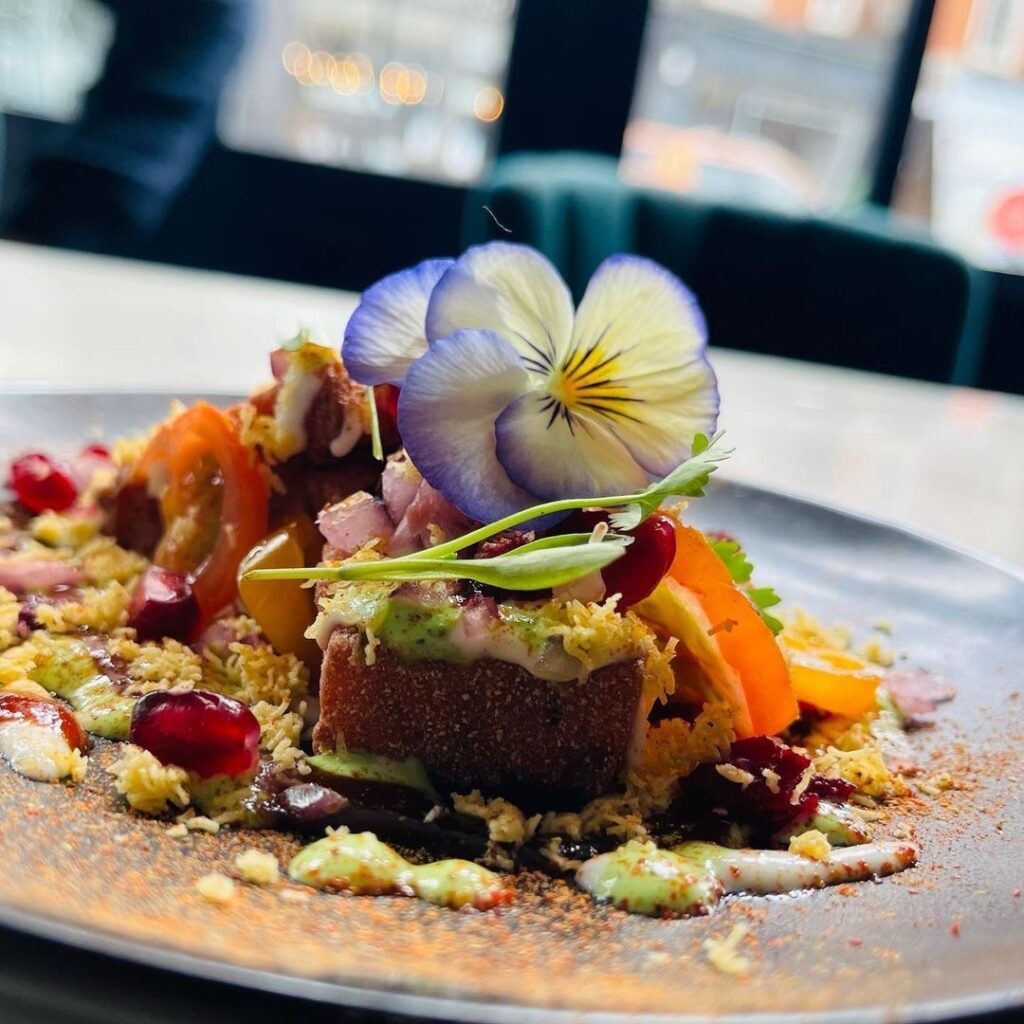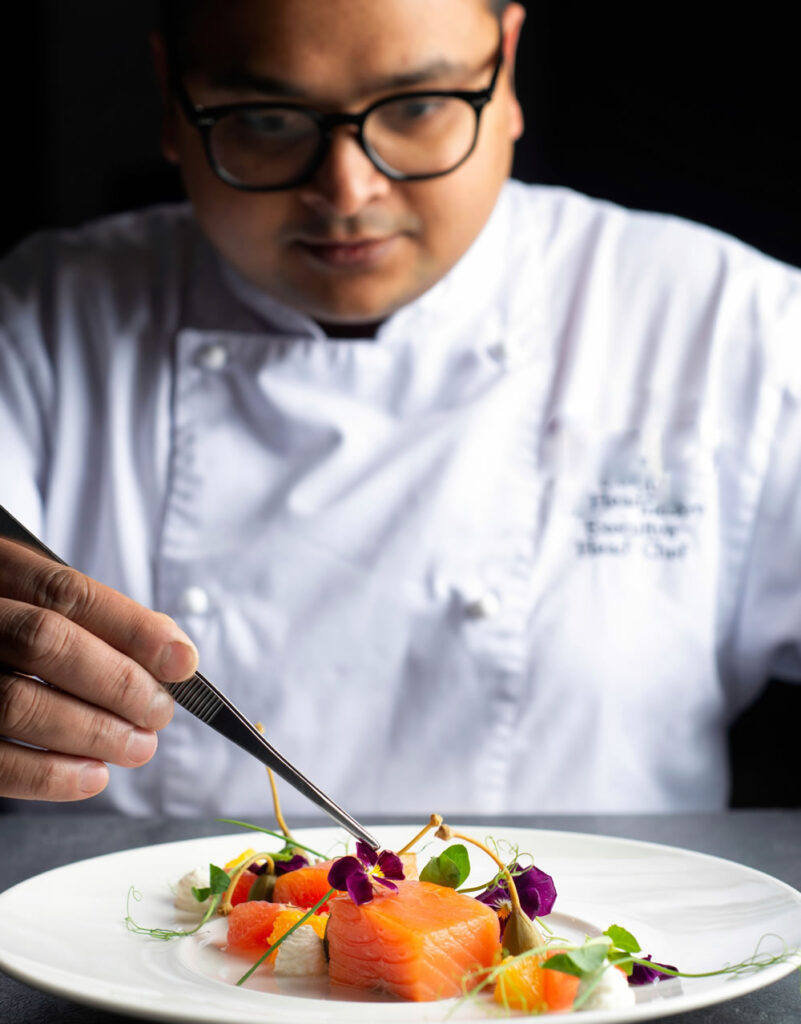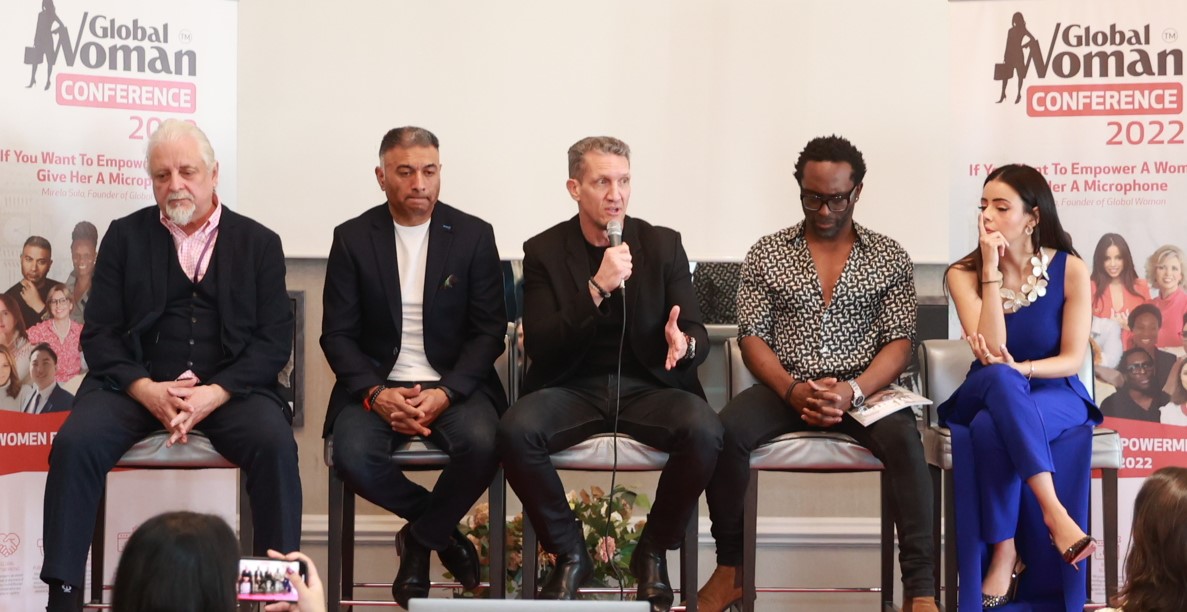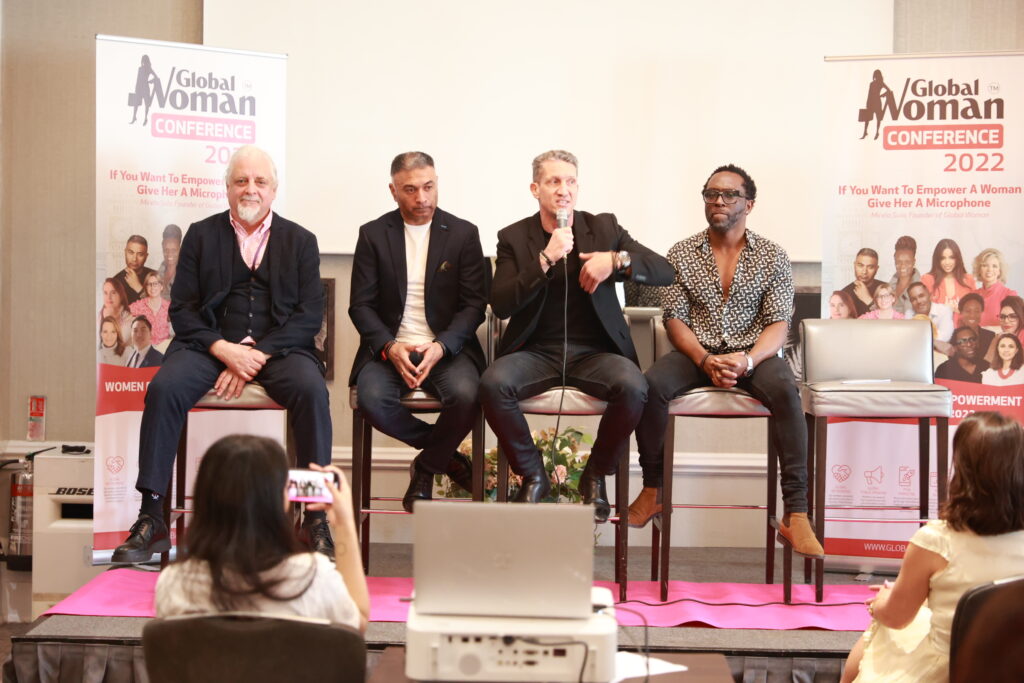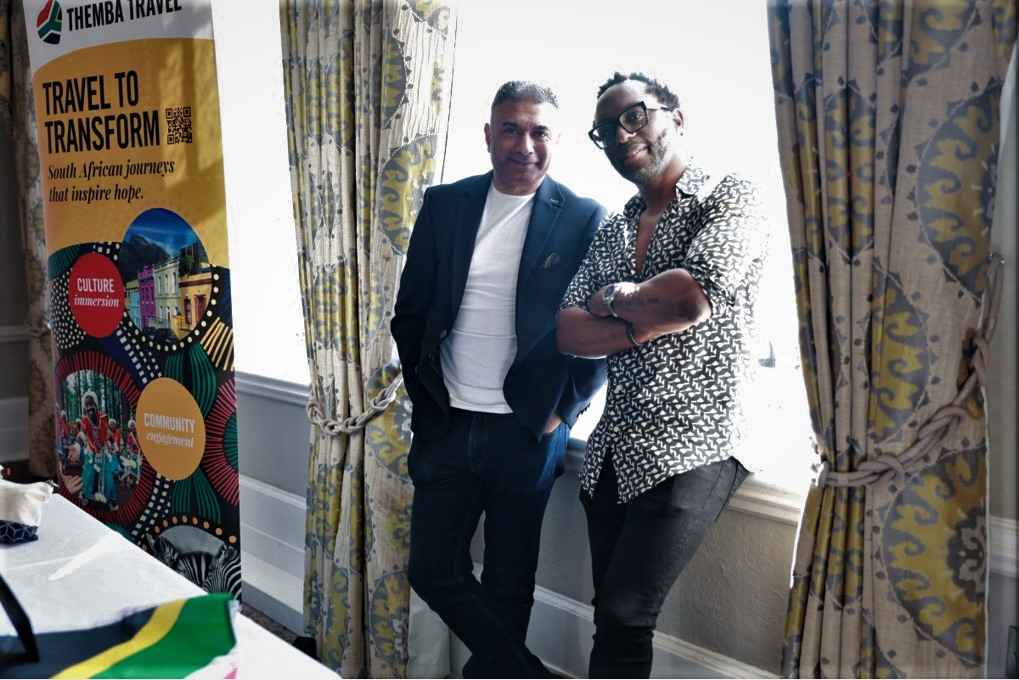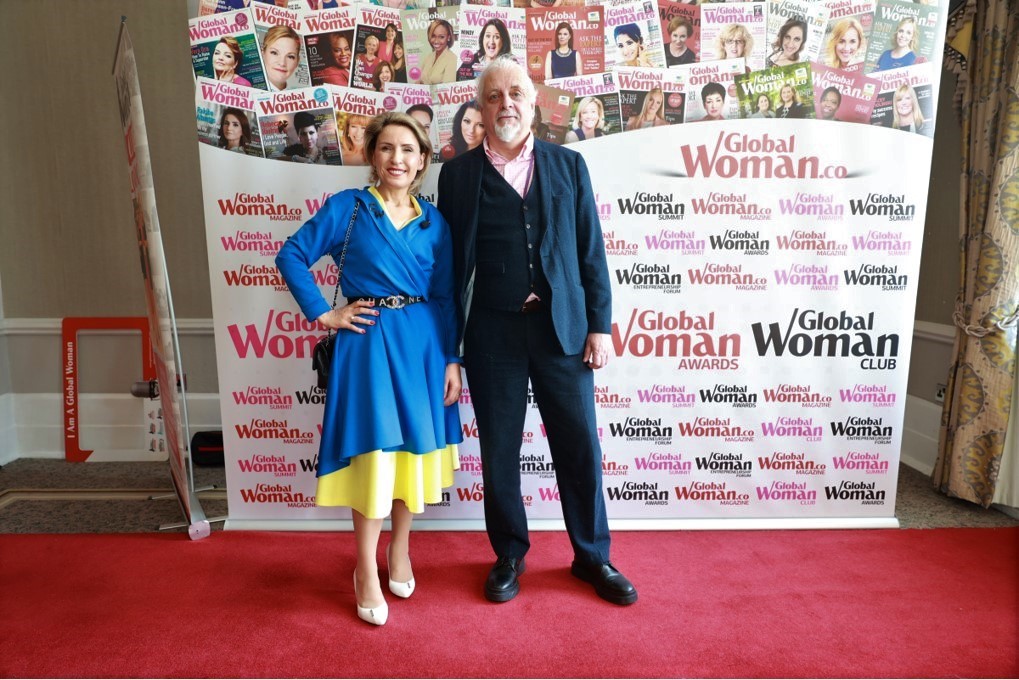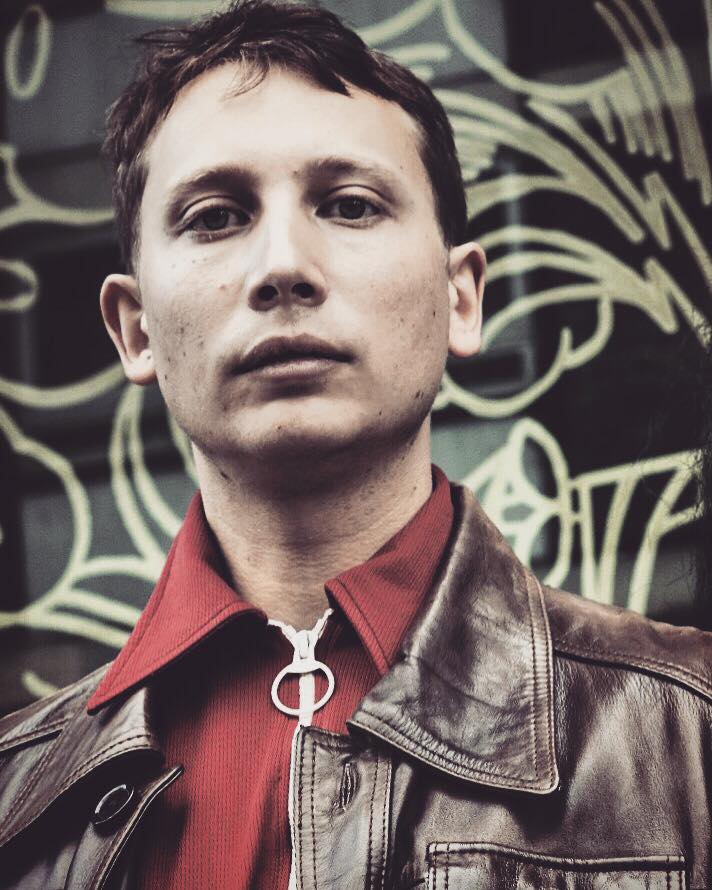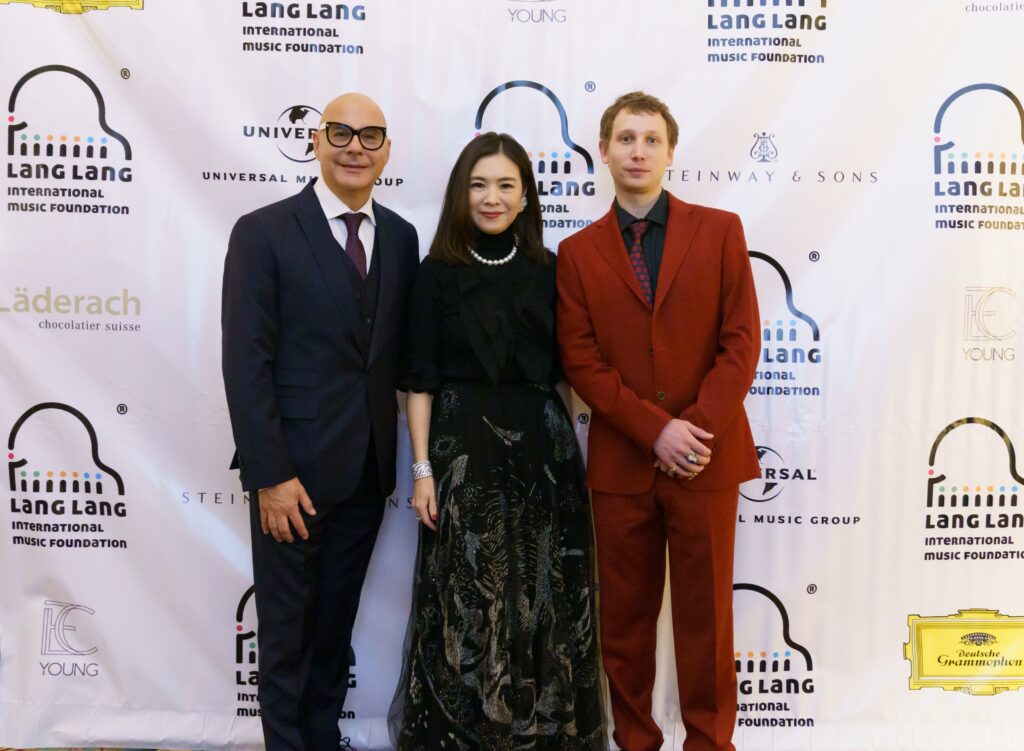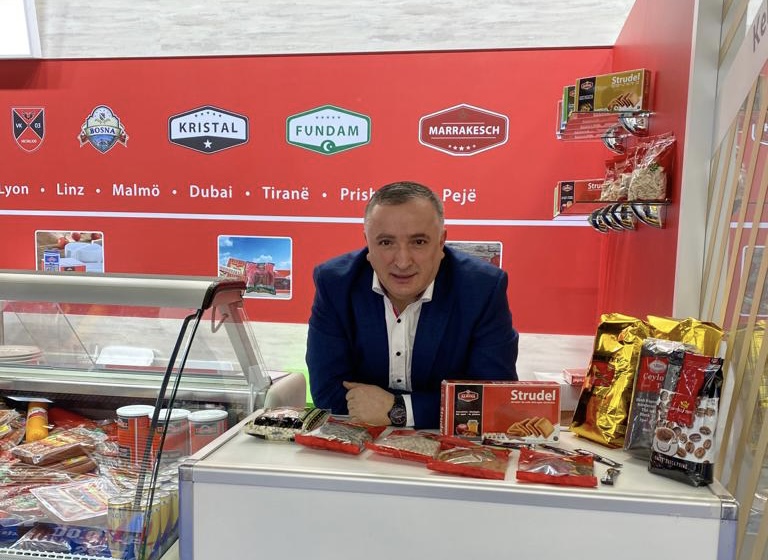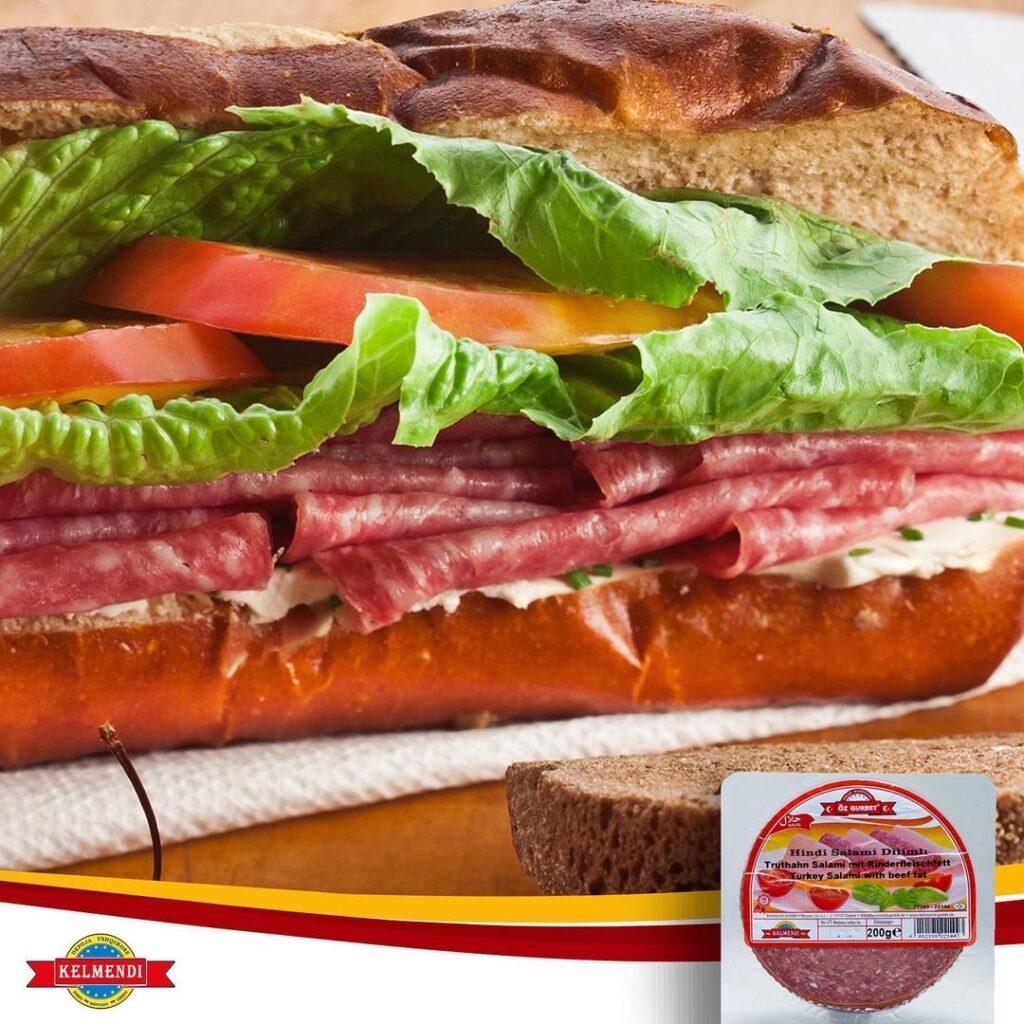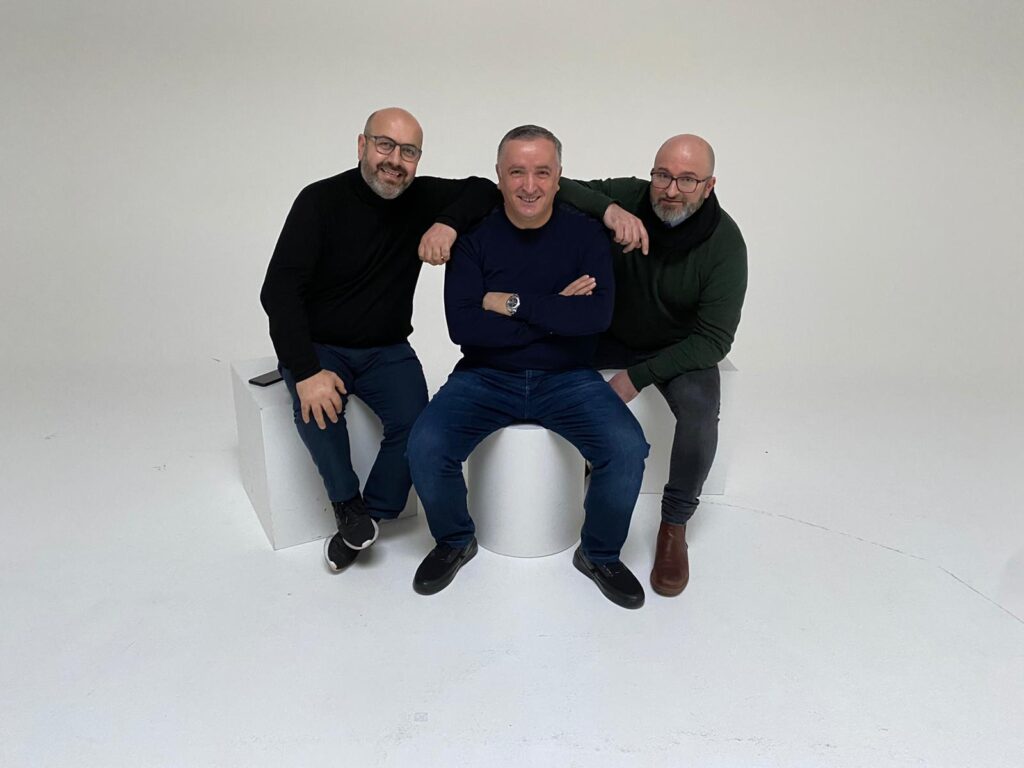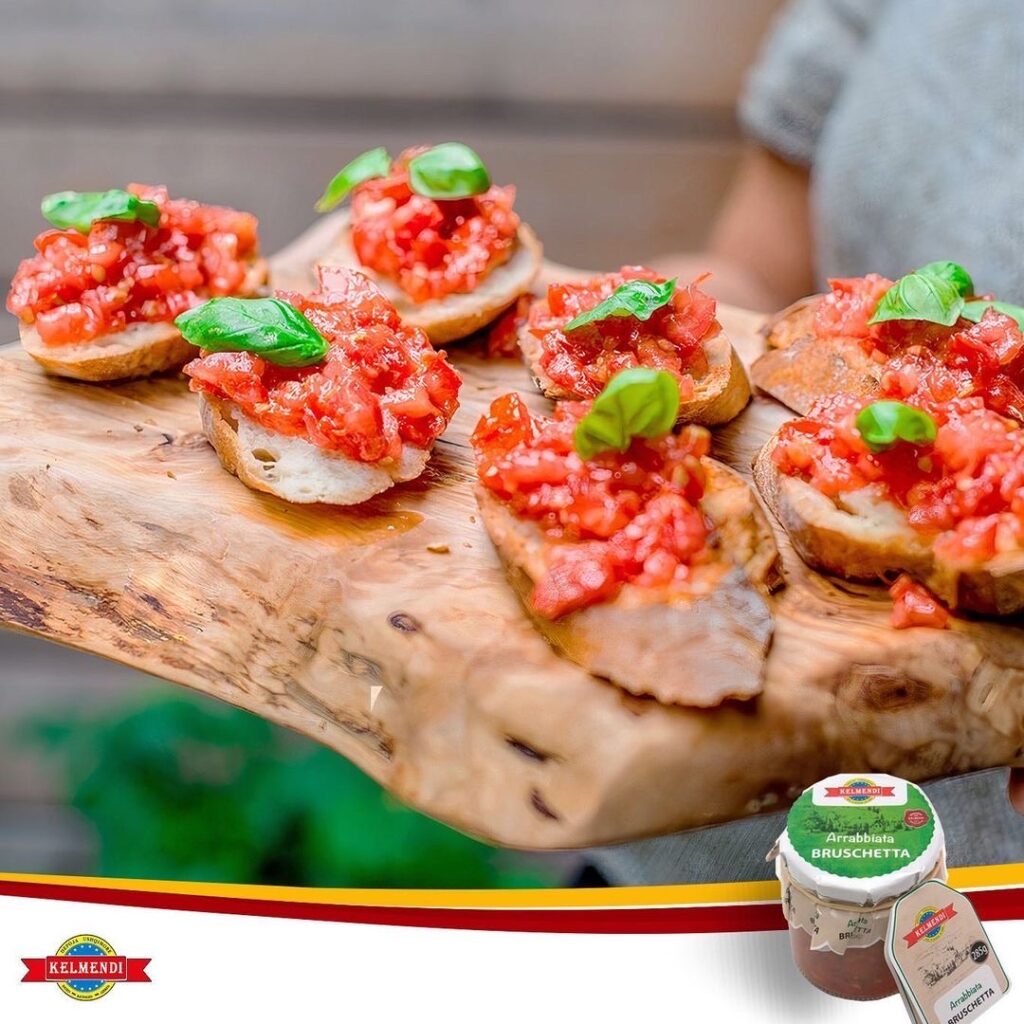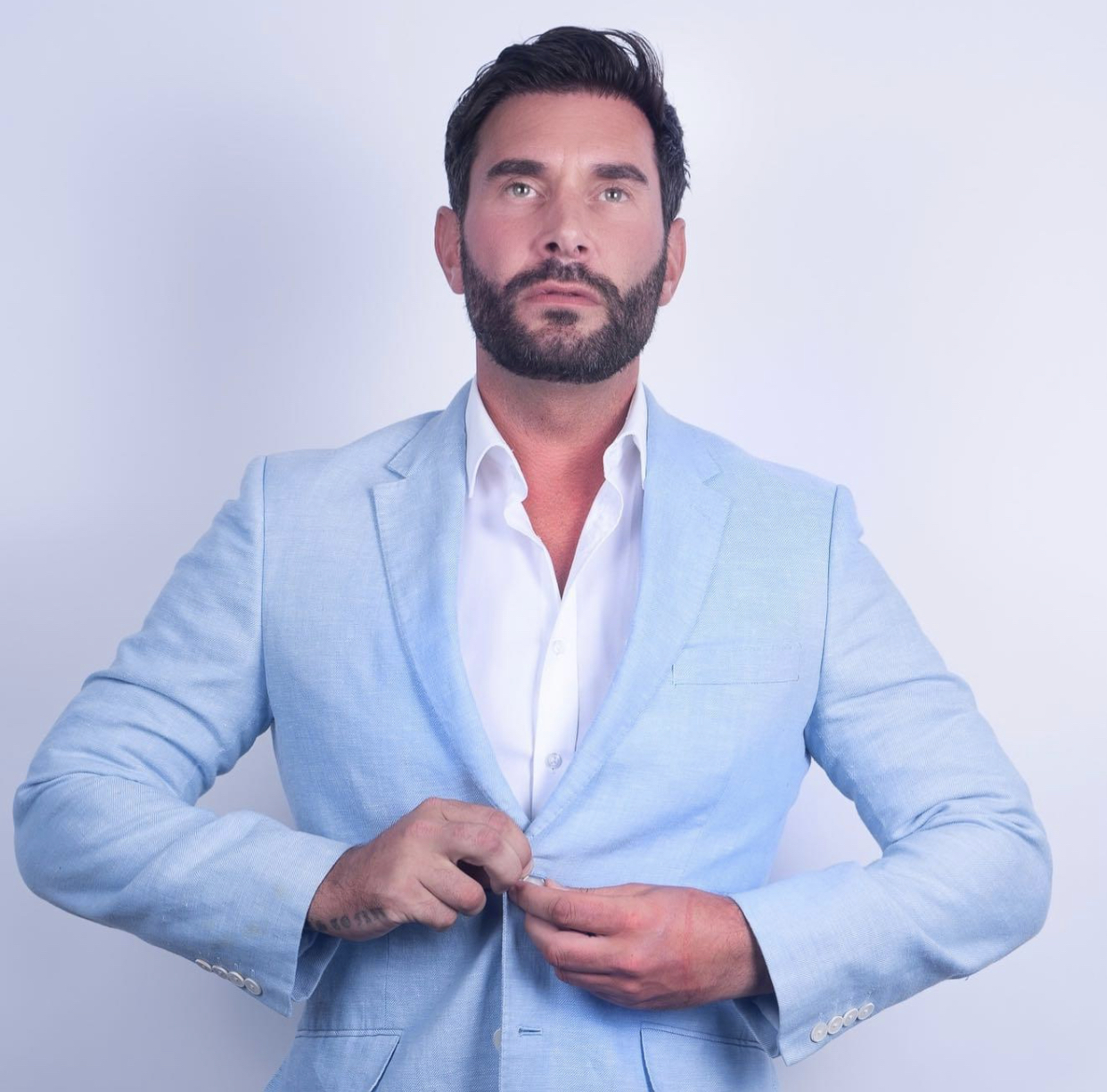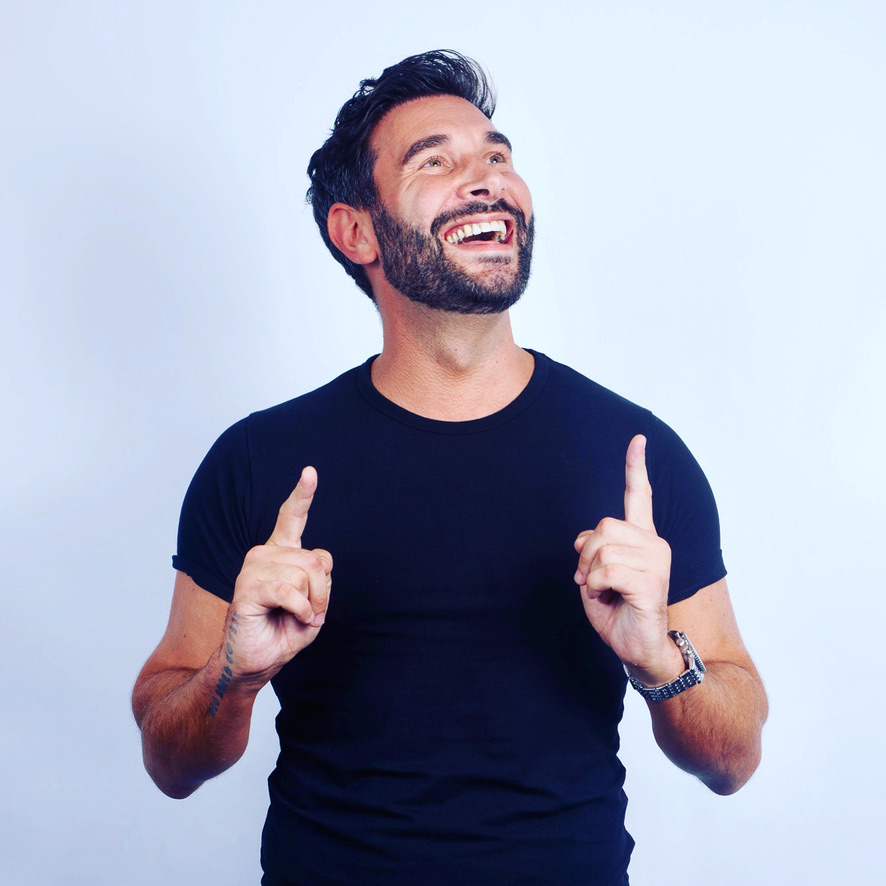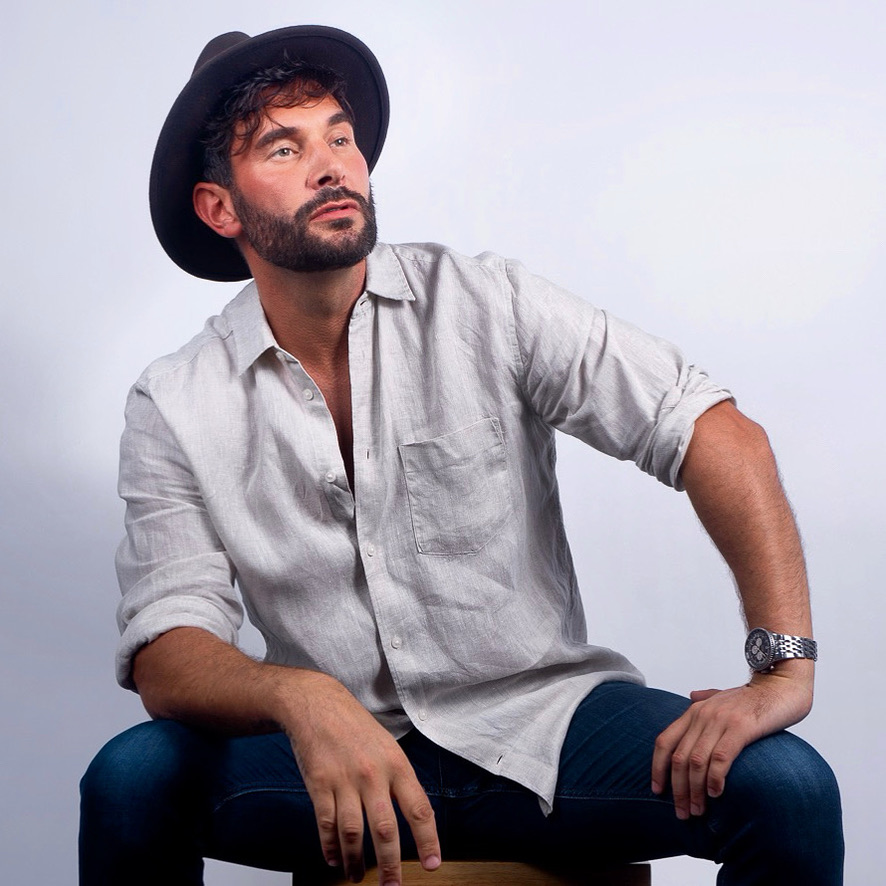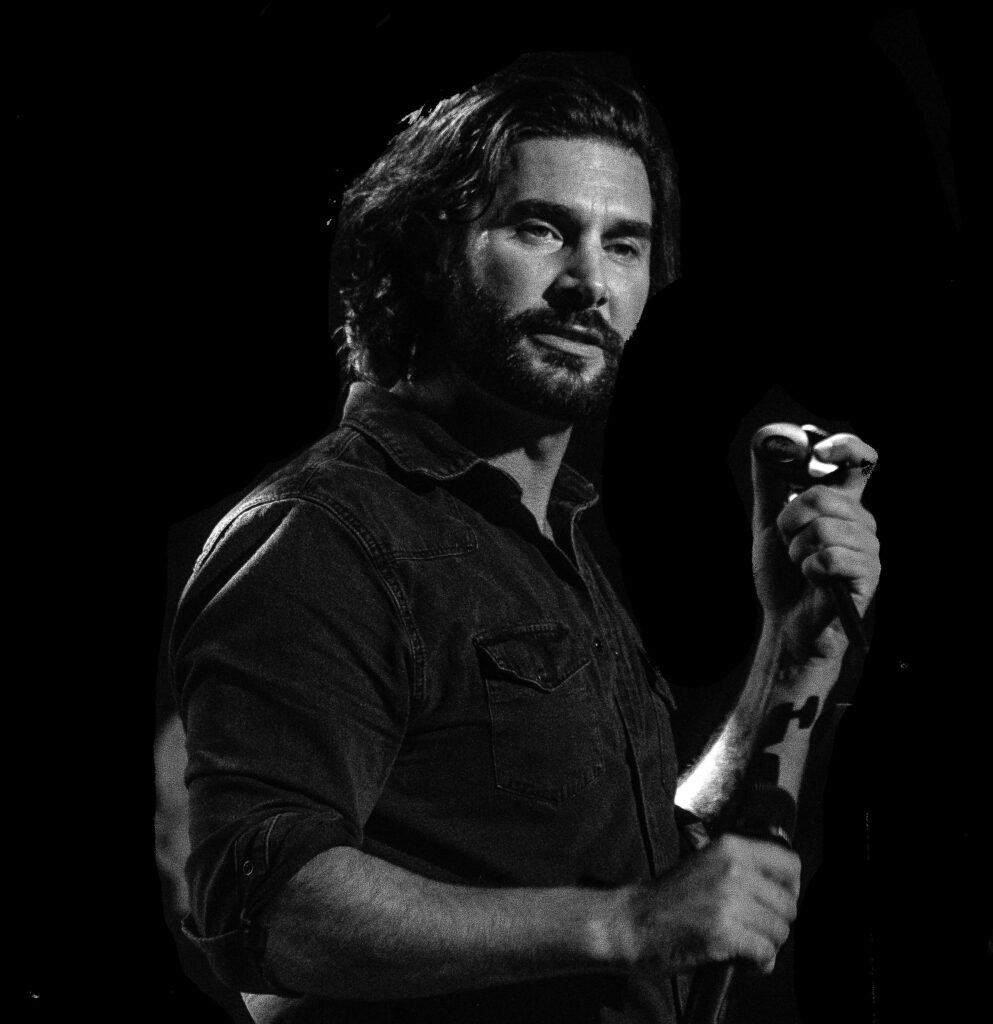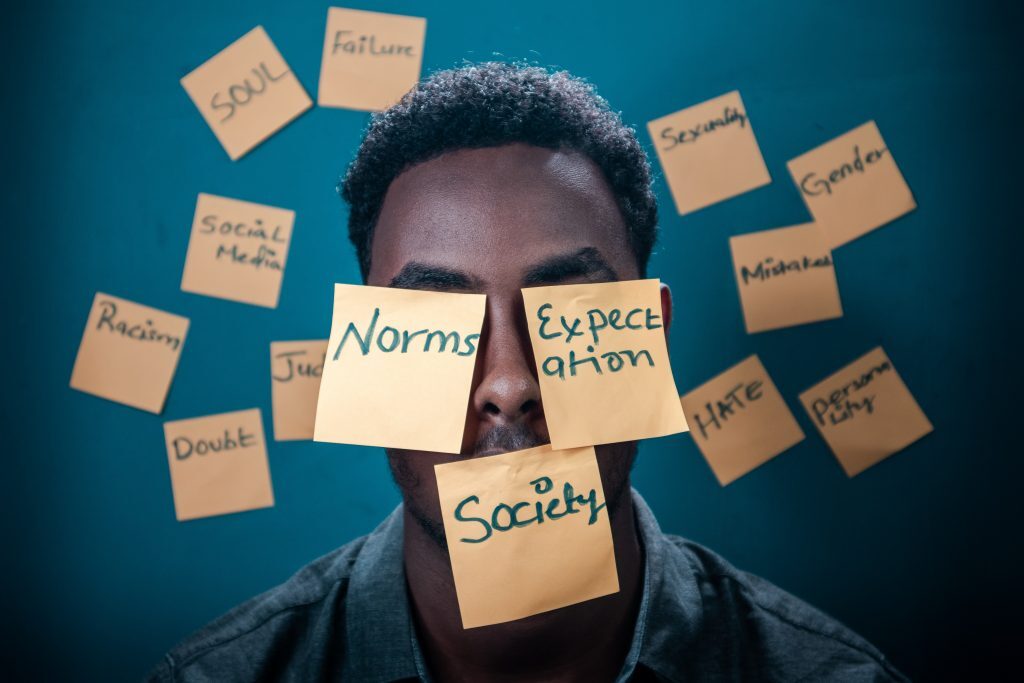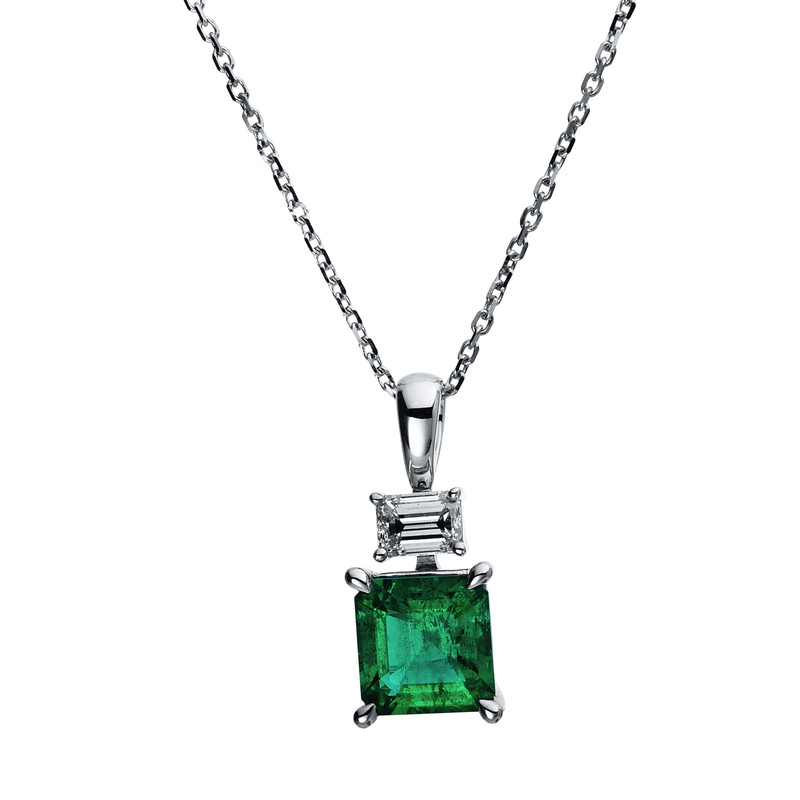We all know him as Tre, the successful artist, the inspirational mentor. But few know that behind this image stands a story almost like a fairy tale with a happy ending. This is the story of a man who refuses to give up no matter what challenge he faces, of an artist who is inspired by his strength and faith. With a successful career and a myriad of achievements behind him, Tre has created a legacy he is leaving for his family, but also his fans.
In your career, you have known only successes, at least in the eyes of the public. But for you, who have been on this journey, how would you describe it today?
I would definitely describe it as tough. I know it’s a cliché to state this, but people think success just happens, that it happens quickly, and that you’re lucky. But success is a long bumpy road. Especially when you grow up as poor as I did. The path to success should be tough, it’s the battle, the trials, and tribulations, the setbacks, the pain, the highs and the lows. These things allow you to savour the journey. In fact, without these tribulations, there would be no success – because these are the things that fuel you. Our biggest record, Body Groove, came about because one of the guys in the band, Kevin, who had a recording studio at his house, decided to leave my brother Ashley and me to go solo. That caused problems for us as we didn’t have our own studio, and it was expensive recording records in those days. The sheer frustration of that situation is what led to the writing and creation of Body Groove – our biggest track. I call that pain Juice. I always speak about the power of pain – there’s no better fuel. Looking back today, I would describe my success as simply beautiful. Not just because this little boy, with all his insecurities, achieved a childhood dream, but because that pain-fuelled dream allowed me to create a life of service, and there’s nothing more beautiful than that.
Tell us a little about the days when you started creating, what inspired you? How did you create successful music for your audience?
Several things inspired me as a musician. Firstly, my upbringing. Growing up in a Nigerian household, my parents would have numerous parties. I think I became hooked on music whilst still in my mother’s womb. The fact that we grew up in the cultural melting pot of Notting Hill was also crucial to the sound my brother and I created. Back then, especially Notting Hill was one of the most vibrant, creative places in the whole of the country. It had such an eclectic mix of people; artists, designers, musicians, painters, actors, just so much creative energy, a real bohemian vibe. Also, a beautiful mix of ethnicities and cultures. A huge West Indian community, Portuguese, Spanish, Moroccan, and an increasingly white middle-class population as the area gentrified. It all created a crazy melting pot that drew every drop of creative juice out of you. This was cemented by the annual Notting Hill Carnival, Europe’s largest street festival. I loved the reggae sounds, the noise, the steel pans. It was impossible to not be creatively inspired! Musical influences were also key – I loved classical music. I’m a huge Beethoven fan, like me, he suffered from tinnitus – he’s one of my heroes. My brother Ashley had a love of salsa and music from South America. All of that added to that mixture of Nigerian, West-Indian, British pop sounds, fused with elements of American Hip Hop, R&B and house. You hear it all in Body Groove. It’s difficult to not have success with that much life poured into it!
In addition to career success, you have also encountered health difficulties. How do you remember those days?
Man, those days were tough at times. I always describe it as the best and worst of days. I had been in hospital as a young teenager for an appendectomy. The operation went well, but I was given a drug overdose during recovery. This caused me to become paralysed twice. When I emerged from the second paralysis, my whole world had changed. Everything looked strange. It felt like I was in a dream. I had a strange sensation at the back of my head, and a faint ringing in my ears. I didn’t know what it meant, I just knew I couldn’t live like this, and I was terrified. The doctors said it would fade, but it didn’t, it just got worse and worse over the years. By the time we did Body Groove, ten years later, in the year 2000, my health had really deteriorated. Life was often challenging, one day it was the high of appearing on top of the pops – a childhood dream, the next, it was having my 8th brain scan at some private MRI clinic. Then being told by the neurologist – “good news, there’s nothing wrong with you”. I was distraught when I heard that, as I knew there was, and no matter what I did, I couldn’t find answers. I saw so many medical professionals over many years, but no one could give me any answers. I would often wait for the royalty payments to come in, just so I could try another possible cure, remedy, or at the very least, find out what the hell was wrong with me!

When did you realise that you could handle it? How would you describe the healing process?
I guess I always knew I could handle it. I grew up with a profound sense of faith. I was raised Roman-Catholic and the stories of the bible were burned into my heart. Stories of triumph against all odds, stories of faith overcoming fear. Though I had dark days, I always had that flame burning in me. Faith in God, faith in self, and this innate knowledge that all this suffering was for a reason. So, no matter how dark things got, that little flame never went out. And so long as that flame remains unextinguished, there was hope. Where there is hope, there is faith, where there is faith, there is power, where there is power, there is the ability to handle anything life can throw at you. In addition, there’s the potential to alter the world with that power. So, I clung on, safe in the knowledge that I was strong enough to handle it.
The actual healing process began with my closest encounter with extinguishing that flame. I’d always lived with the thought that if my health got really bad, at least I could hop off a tall building. That thought gave me comfort. I know that sounds crazy, but it had merit. It gave me a sense of control. Of course, I never really thought that day would come, because I loved life, despite my horrific conditions. But eventually, that day arrived. I had to stand at the edge of giving up and succumbing to the darkness. That crunch moment came in 2008, following a DJ set at a crazy loud venue in Fulham, London. I knew that night it was foolish to DJ there, the sound system had broken, and they had a makeshift stack of massive speakers right behind the DJ spot. But, by this point, my health had deteriorated so much, I didn’t care! So, I got drunk and DJed. The next day I woke up deaf in both ears. My tinnitus, which was already horrifically unbearable, was ten times louder. I had no way to escape it as it was ALL I could hear. I was faced with two choices; find a tall building to jump off, or dig deeper into faith than I had ever dug before, and relentlessly search for answers.
Thankfully, I chose the latter – I always knew I would, I loved life too much, and I knew, deep down, my suffering had a purpose. I searched the internet furiously, like a man on a mission, determined not to give up until I found answers. I remember crying my eyes out when after hours of searching, with no sleep, deaf, with screaming painful tinnitus, I’d stumbled on someone called “Dream Child” or something like that. She had a blog describing her dream-like condition and her suffering. I was overjoyed at finally finding another individual like me!! I couldn’t believe it, after all these years, it turned out I wasn’t crazy! It had a name – the dream-like condition that had caused massive anxiety was called derealisation, it was a dissociative disorder.
Hours and hours of research into the brain led me to the conclusion that my head pressure, derealisation, and tinnitus were caused by my brain’s response to the trauma of being temporarily paralysed twice all those years ago. My brain had tried to protect me by disassociating me from the trauma. But that caused a type of PTSD. Even though my body regained movement, my brain would not let go of the fear of paralysis happening again. The tinnitus, derealisation, and head pressure were the results, and they became the new source of fear and trauma, and the vicious fear cycle continued. It’s crazy what our minds are capable of.
This insight and experience proved invaluable in my becoming a mindset coach and mentor. I’d finally discovered answers, it had cost me half a lifetime, but I didn’t care. I was now free. Free from fear of the unknown. I incorporated powerful mindful techniques into my daily routine, powerful deep breathing exercises, being centred, affirmations, and so much more. This reversed years of chronic head pressure felt like a miracle. The tinnitus and derealisation remained, but I learned to live powerfully with them. The healing process took years, with ups and downs, but the pain is power. That pain juice – as I termed it, made me unstoppable. It helped me create an incredibly powerful mindset, and I knew my job was to set others free. That’s how I became a tinnitus awareness campaigner, and then started my coaching company – Alpha Clique. I was determined to bring this knowledge to others. Help them discover their greatness despite their circumstances. This ability to impact others was the fuel that helped me finally heal. Looking back, I am so grateful for all those years of pain and anguish.

From artist to mentor, what does this leap mean to you?
This leap means EVERYTHING!! Today I am so blessed to live a life that impacts so many people. I have spoken on tinnitus awareness all over the British press and beyond, reaching an audience of millions. I coached for 5 years with one of the world’s foremost personal development companies, helping to alter the lives of thousands of people. Every Sunday, I run an Alpha Clique room on the app Clubhouse, where I host and moderate discussions around all aspects of men and their mindset. This is delivered to a mixed audience, where people learn and grow in a safe space with incredible speakers. We have spoken to over 10,000 people on that app – literally helped avert male suicides by giving men a chance to share and be heard and allowing them to heal the traumas in their lives, especially around relationships. I have spoken at schools, institutions, and numerous places.
Being a mindset mentor also helped me during an incredibly difficult time last year, when my brother Ashley, the other half of the band, died unexpectedly. I resolved to celebrate his passing by releasing a new version of Body Groove. The odds of success were slim, post-covid lockdowns, with no clubs open to fuel the hype. Even my own family told me to give up. They could see the pain, and the toll, working on his music and the politics around the track was causing. But I have this deeply embedded drive in me, thanks to years of pain. I never give up – especially in the service of others. Body Groove is a song for the people, especially after the horrors of lockdown. The success of that new version of Body Groove is a rallying cry for people. Never give up, fight for what you believe in, enjoy every second of life, and be all you can be. All we can do is dream, then we die. That track has currently been streamed over 10 million times… a whole new generation has heard my beautiful brother’s infectious voice urging them to “let the body groove”. I am so grateful and excited for all the new music to come.
What advice would you give to young people today who wish to have a successful career
Get yourself a coach or a mentor – they will push you beyond yourself. Life happens in your discomfort zone, not your comfort zone. Surround yourself with positive people that believe in you, believe in you so much they will tell you when you’re rubbish or when you’re full of yourself. People that are raw and honest with you.
Then study your craft – lock yourself away and just beat on your craft! Whatever it is that lights you up, do it, and do it well. Ditch any notions of entitlement – the world doesn’t owe you a damn thing. On the contrary, you owe the world EVERYTHING. You owe the world every ounce of your creativity, your passion, and your talent. It is not yours to keep, it is MEANT to flow through you, to impact, soothe, and heal others. So, stop being selfish, stop making excuses, no pity parties. Use every ounce of pain as juice. That PAIN JUICE is golden. Use it, use every drop of it. If you can’t fly, run!! But don’t you DARE give up!
A music career and a career as a well-known mentor – in your eyes, what are you most proud of?
I’m proud of being able to honour my parents – their suffering and their sacrifices. I’m standing on the shoulders of giants, warriors that came before me. I feel proud that I’m able to honour them by creating a legacy that I believe will reverberate through time. I am far from done!
